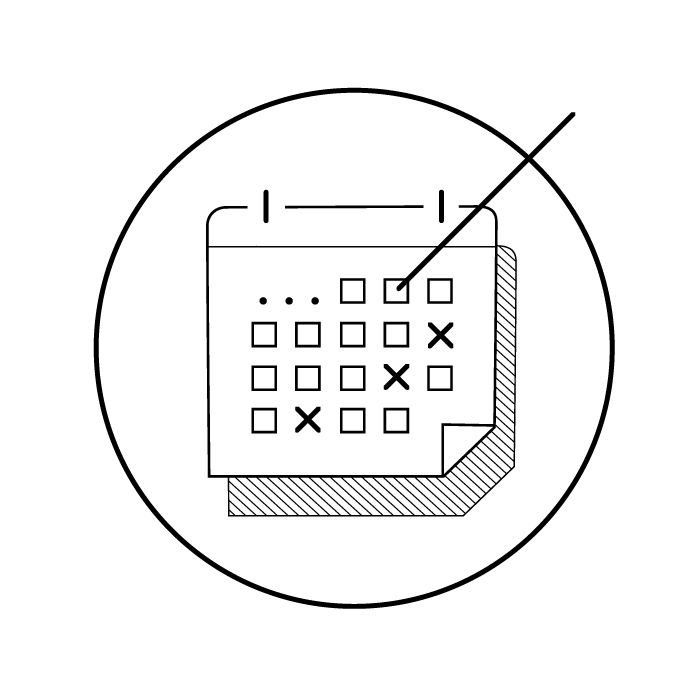 Special event
Special event
Legacies of Feminism in Germany and India
A Roundtable Discussion
Special event
19 March 2021 (1 pm GMT/ 2 pm CET/ 6:30 pm IST)
Organizers: the Max Weber Stiftung India Branch Office and the International Standing Working Group on Medialization and Empowerment at the German Historical Institute London
Venue: Online event [Register here via Eventbrite]
Postcolonial feminists and feminists of colour have long sought to complicate the history and study of feminism. Social scientists and feminist theorists like Chandra Mohanty, Kumari Jayawardena and Kimberlé Crenshaw have drawn attention to the simultaneity and intersecting nature of oppression and marginalization. They show that women’s inequality is deeply entangled with other forms of oppression and structures of power, including colonialism, capitalism, racism, homophobia and ableism. By drawing attention to the differences between women, they challenge a homogeneous definition of womanhood, instead showing how categories like race and sexuality have produced different experiences of gendered marginalization. In turn, they contest a vision of feminism based on supposedly universal emancipatory politics. In place of broad, universalizing categories that stem from the experiences of white, western women, these scholars reveal the manifold meanings of feminism and women’s emancipation across time and space, and highlight the importance of situating feminist movements and interventions within their specific historical and geographic contexts.
Building on this scholarship, this roundtable evaluates the historical legacies of feminist activism in two very different contexts: Germany and India. By bringing together the diverse trajectories of women’s rights activism in India and Germany, the roundtable seeks to critically examine the meaning and history of feminism. What different kinds of periodization do we find if we move away from the Western-centred genealogy of feminist waves? How has the meaning of feminism changed across different political, social and historical contexts? How has women’s activism in the past shaped how we think about feminism and women’s rights today? And how has feminist activism intersected with other rights-based movements and issues, including decolonization, race and ethnicity, labour, LGBTQ rights, the rights of children and disability?
Featuring scholars from India, Germany and the UK, the panel will ask what the historically and geographically diverse legacies of feminism mean for the shared political project of women’s rights today and how have feminists negotiated the push and pull of political change?
Invited Speakers:
Helma Lutz, Goethe Universität Frankfurt
Janaki Nair, Jawaharlal Nehru University
Samita Sen, University of Cambridge
Paula-Irene Villa, Ludwig-Maximilians-Universität München